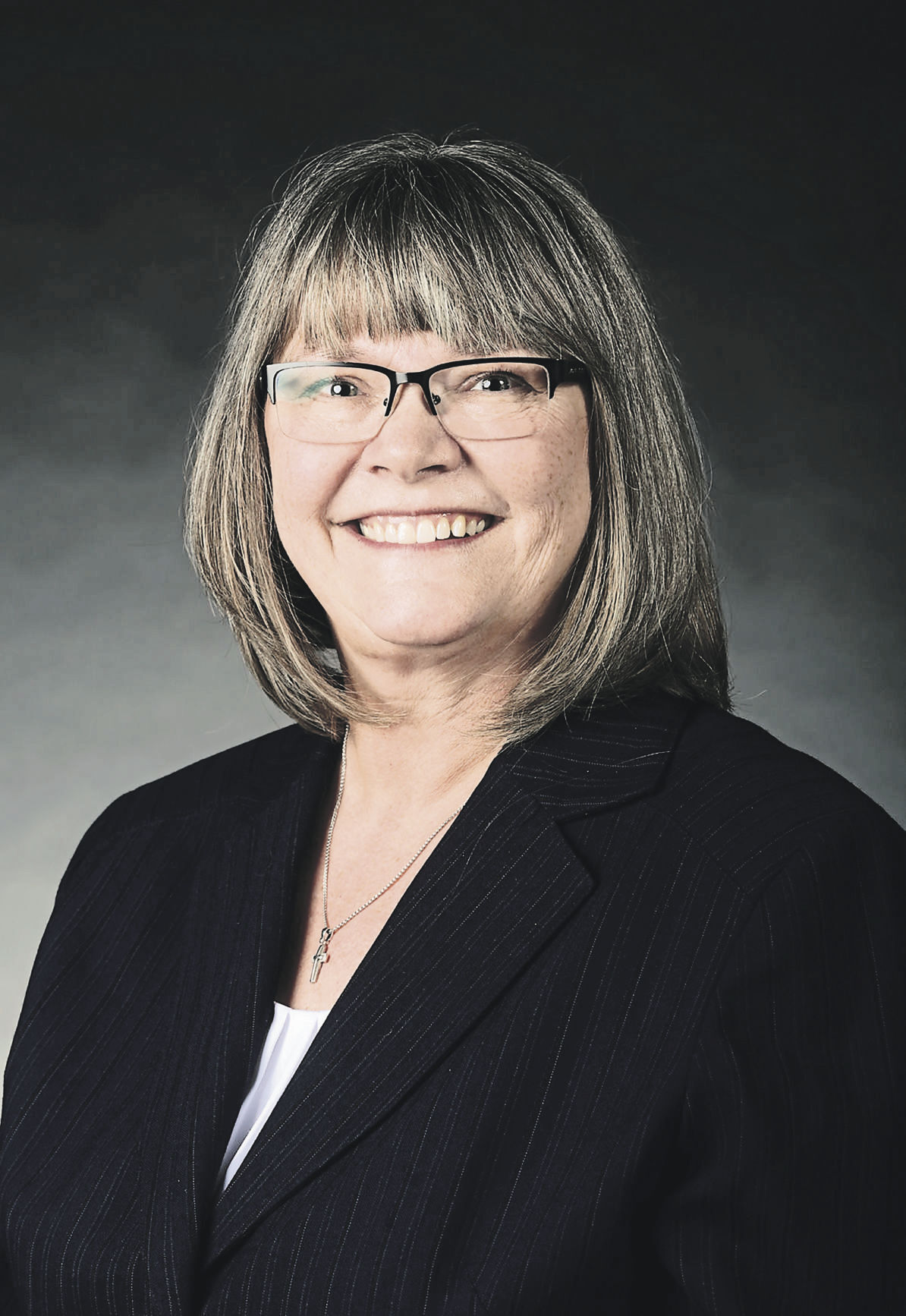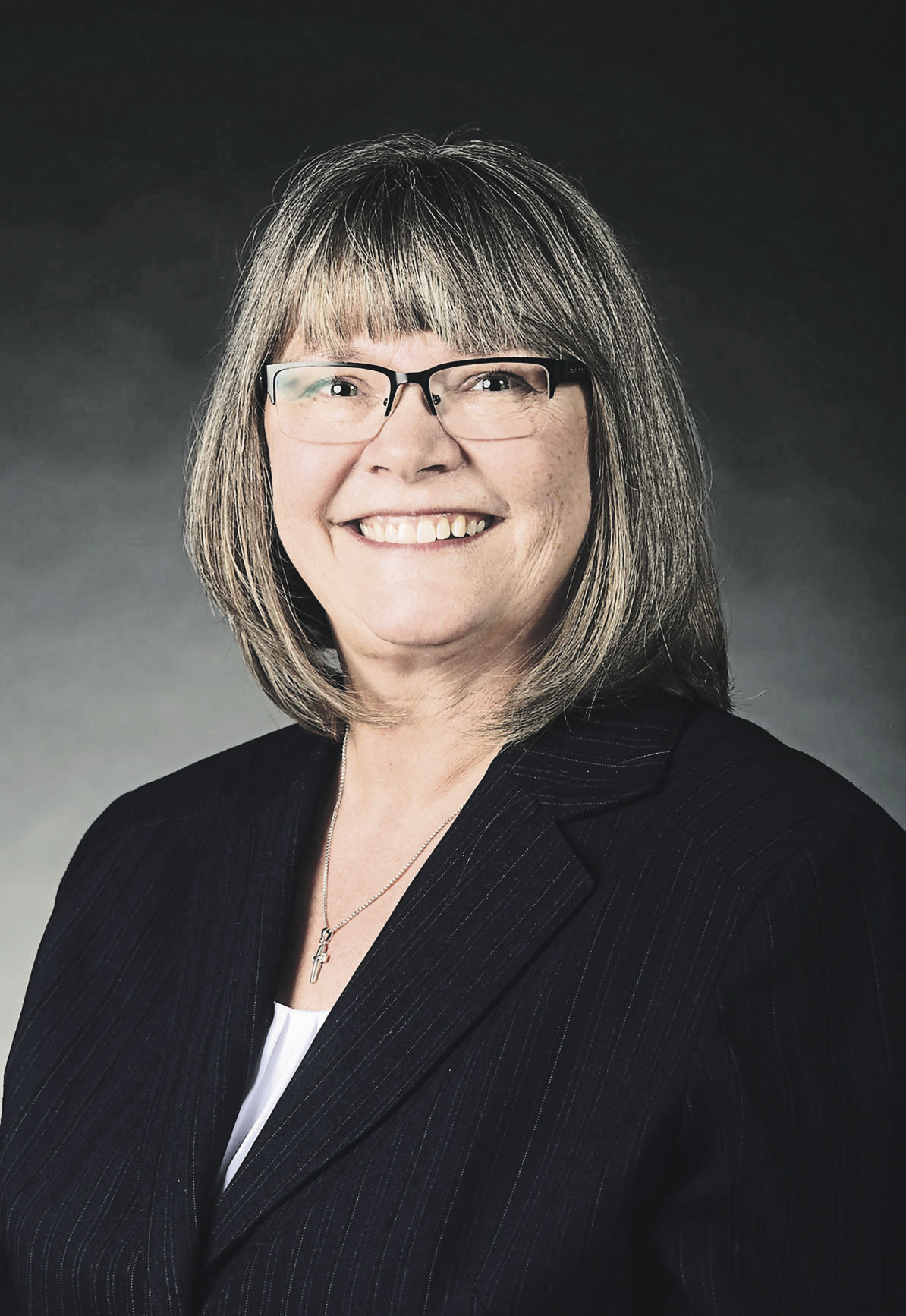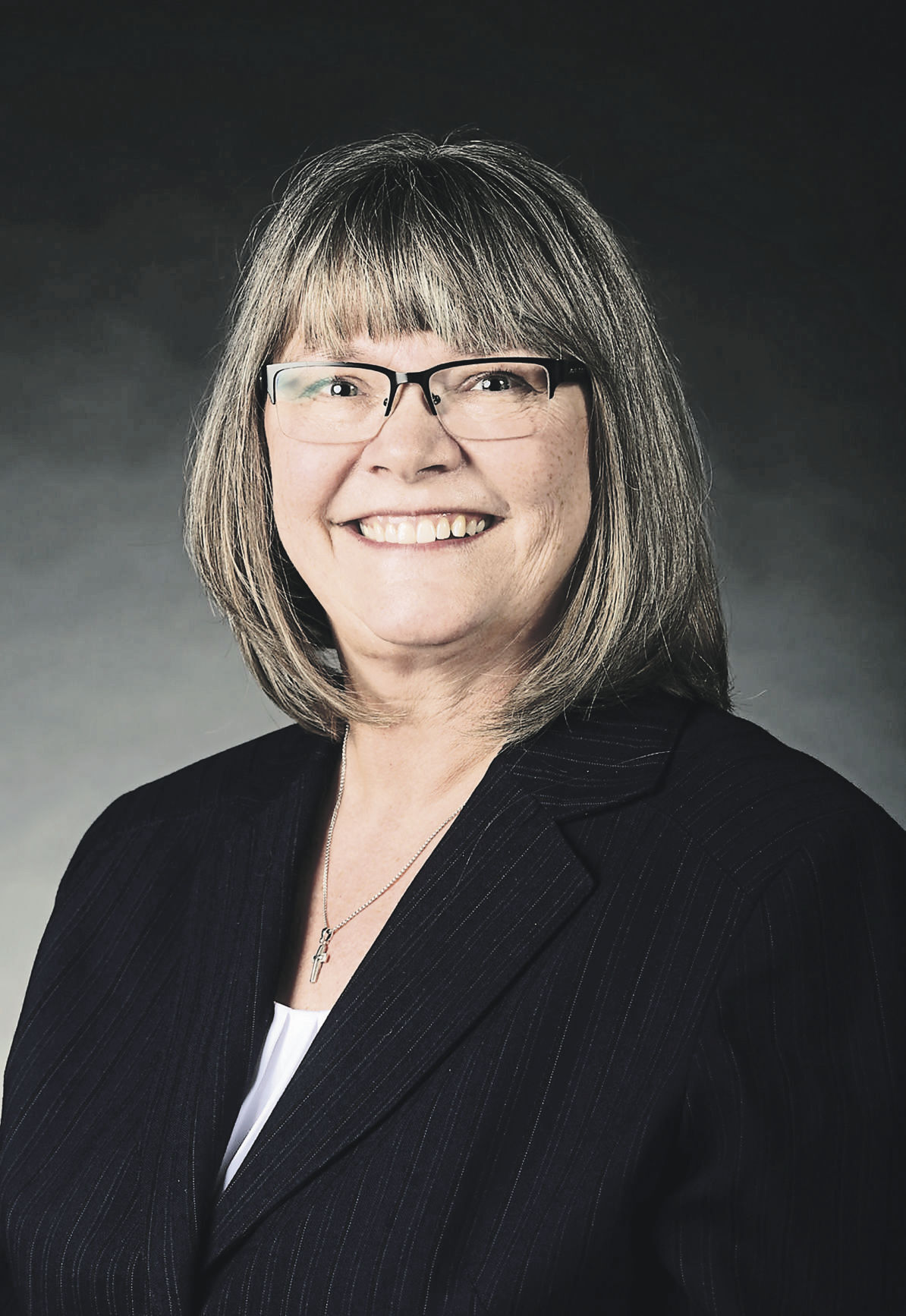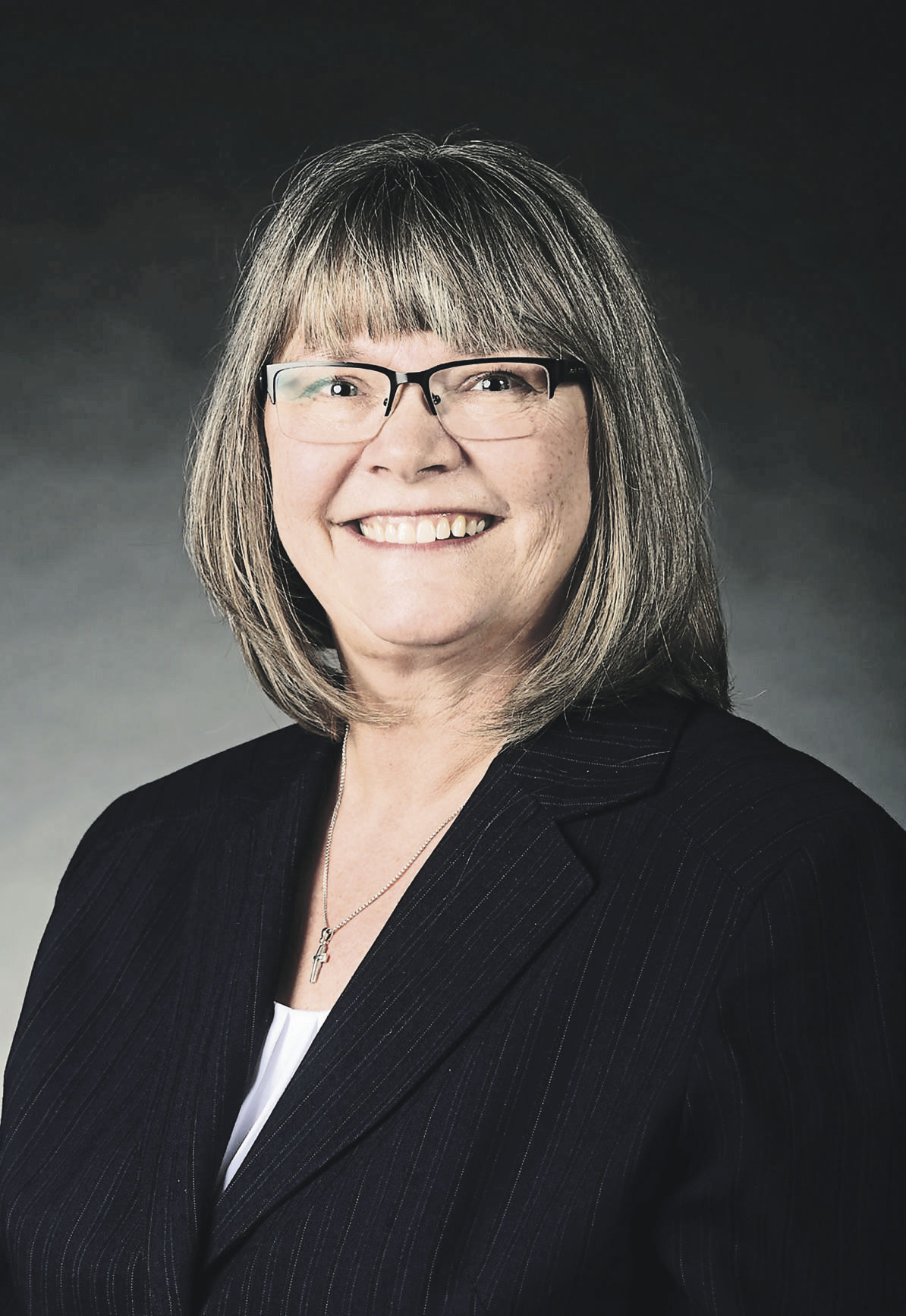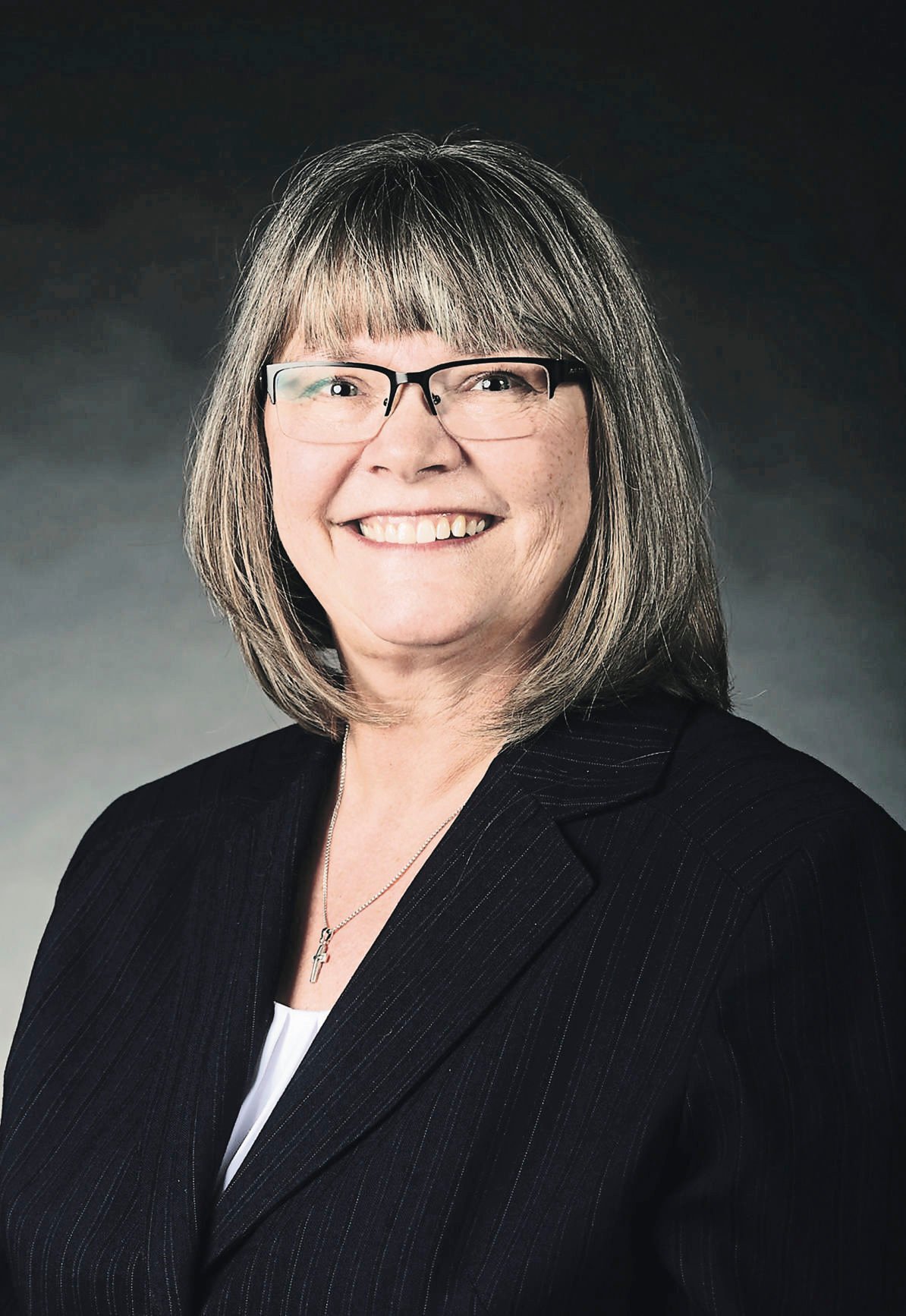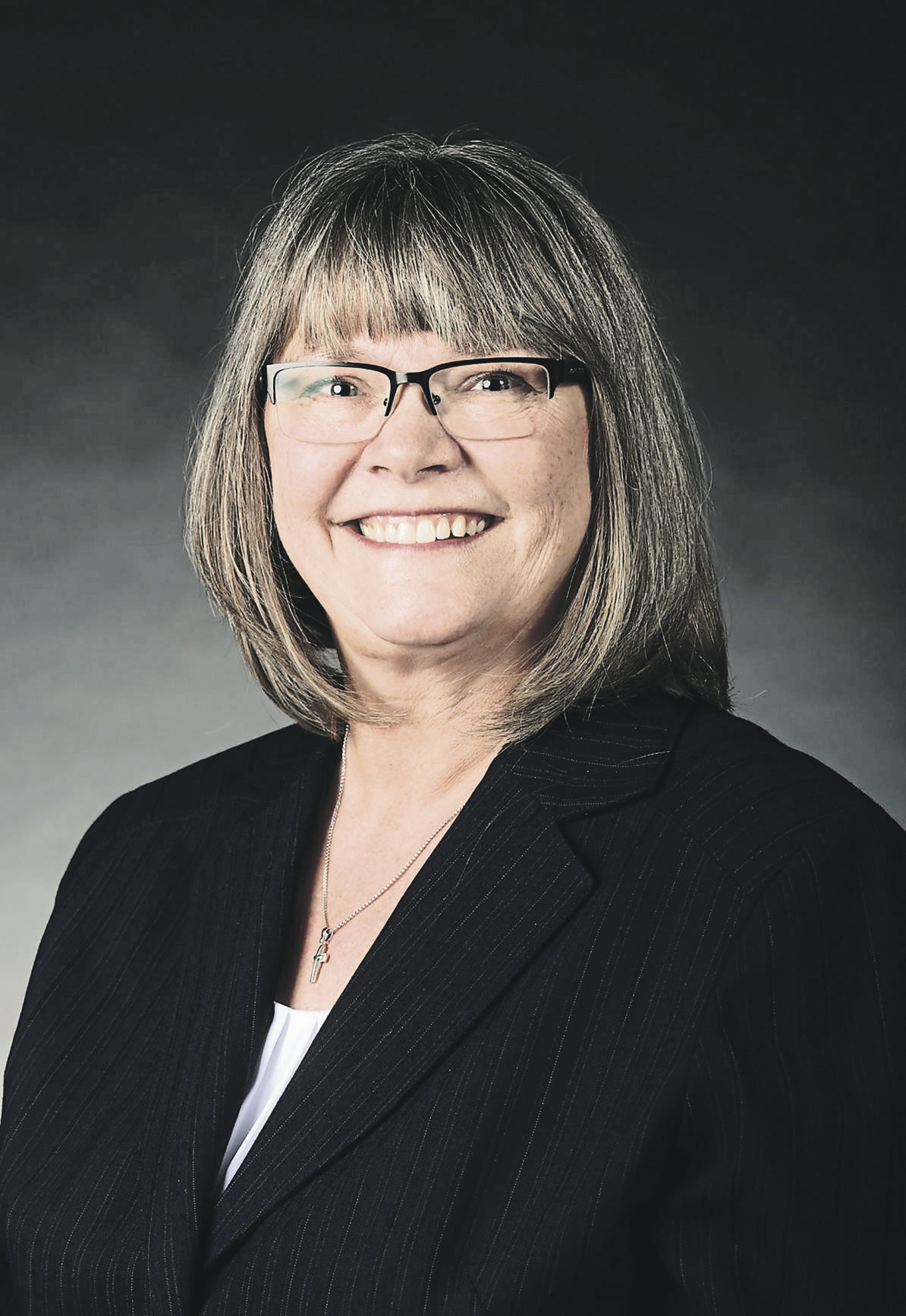Reminisce with me.
Go back in time and think of this time of year, when you were younger. Suddenly in mid-August, you would count down to the first day of school.
You’d ponder: “What will I choose for my back-to-school wardrobe?” “When will my mom and dad take me to get my school supplies?” “Do I need a new backpack?” “What notebook will I choose?” “What will my new teachers be like?” “What will we learn?” “Will my friends be in my classes?” “What special projects will we be involved in?”
The anticipation was so exciting. The idea of the opportunities were intoxicating. The careful planning and preparation worked us into a fever pitch so much so that we couldn’t go to sleep the night before.
What was so appealing about that time of year?
I believe the world remains full of opportunities to learn new things, to make new friends and to have new experiences.
There are compelling reasons why we should continue to be that excited about going back to school through self-initiated, lifelong learning. The long-term benefits of being lifetime learners are significant. Minds will be more stimulated, bodies more active and spirits more fulfilled.
Research shows that a stimulated mind promotes a healthy brain. The brain’s wiring responds to enriching mental activities. Scientists have discovered that as we grow older, we can grow new connections and pathways. It could be that education and information might become for the brain what exercise is for the heart. Think of lifelong learning as a workout for aging brains.
Along with keeping the brain alert, we can be aware of the importance of staying physically active. Learn a new sports activity, join a pickleball club, take tennis lessons or learn to ski.
There also are additional opportunities to include activity into daily living. For instance, stress reduction, yoga, spirituality, exercise of all types, the creative arts, walking clubs and enjoying nature are only a few of the many opportunities available.
For those who find learning through educational travel more tempting, opportunities exist to actively explore new and different places. Many lifelong learners are out and about, taking part in stimulating discussions, eating new foods, talking with the locals and immersing themselves in another culture.
Another idea is to volunteer for a cause. The passion is built in. The learning in this environment will allow the ability to make a difference in something that matters deeply.
Many older adults participate in lifelong learning programs for the social aspects as much as for the learning experience. There are outdoor programs, field trips and luncheons. Gatherings provide opportunities to make new friends and engage in exciting discussions.
Incorporating lifelong learning in our retirement years fosters a sense of personal empowerment and increased self-esteem. It ensures continued growth and intellectual stimulation, leading to a more fulfilling and enriched lifestyle.
So, are we too adult to get excited about lifetime learning? I am convinced we can enhance our quality of life, stimulate our natural curiosity, expose ourselves to the life’s wonders and unlock our inherent wisdom. There might never be a more ideal time as we have ample time, perspective and commitment to dedicate to such unique and worthwhile adventures.
Laura Nissen is an Alzheimer’s Association volunteer who advocates for those with memory disorders. She works with families to help them learn the skills of caregiving. She also serves as a community educator, caregiver support group leader and Memory Café leader for the Alzheimer’s Association.

